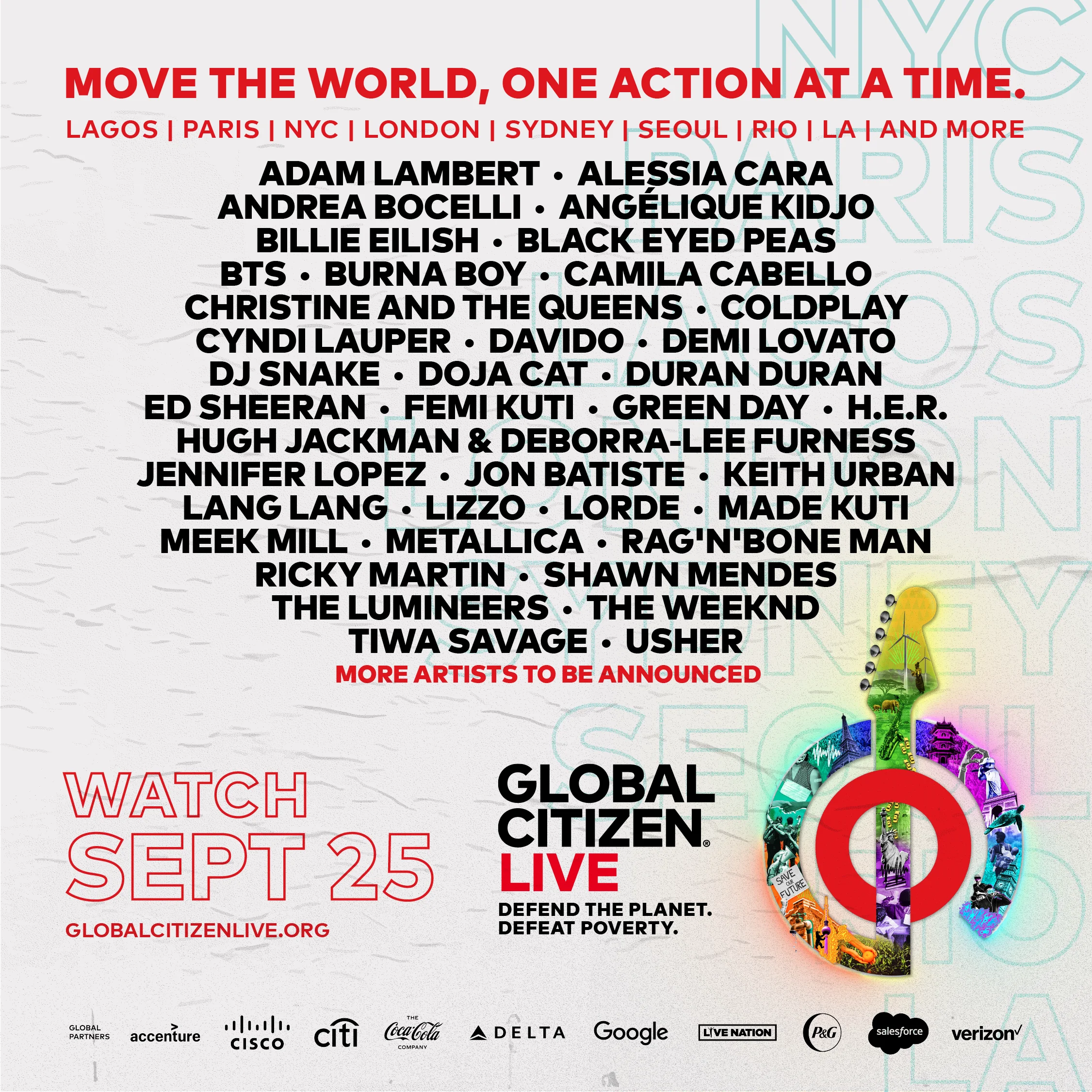"You never really understand a person until you consider things from his point of view.”
That’s Atticus Finch in Harper Lee’s To Kill a Mockingbird, perhaps one of the world’s most famous books and most famous quotes.
To understand one another, to have empathy and compassion: these are the cornerstones of peace and vital components to building a world free from bigotry, racism, disadvantage and discrimination for all.
Advancing equity is a focus of Global Citizen’s Global Goal Live campaign, which will see Global Citizens, artists and world leaders unite to defend the planet and defeat poverty.
Take Action: PM Morrison: Australia Must Play Its Part to Stop the Climate Crisis
In the lead up to Global Citizen Live, we’re exploring the myriad subtle and not so subtle ways racism exists against Aboriginal and Torres Strait Islander peoples in Australia. And — with books being one of the best ways to tell the tales of injustice, build connections and promote healing — we’ve compiled 10 written by Indigenous Australians that tell Indigenous stories.
Talking to My Country by Stan Grant
Acclaimed journalist Stan Grant turned his viral 2015 speech on how racism and bigotry are ruining the Australian dream into his second, heartbreaking book. Published in 2016, Talking to My Country sees Grant tell a personal story of growing up in a racist country and the urgent need to transform society.
Terra Nullius by Claire G. Coleman
Terra, meaning land in Latin, and Nullius, meaning belonging to no one, examines colonisation, race and resilience through multiple character points of view. Coleman's debut novel takes place in the near future and tells an all too familiar story of “Settlers” and “Natives” with a big twist.
That Deadman Dance by Kim Scott
Set in Western Australia in the 1800s, That Deadman Dance tells the story of early contact between European invaders and the Noongar people, and sees characters grapple with living in the past or embracing the future. That Deadman Dance has won the Miles Franklin Award, the Australian Literature Society Gold Medal and the Commonwealth Writers Prize for Best Book in 2011.
Carpentaria by Alexis Wright
Wright uses a casual Indigenous voice to describe the lives of eccentric characters in a small north-west Queensland town in the second half of the 20th century. The book explores themes of native title rights, politics, spirituality, family and race and received widespread critical acclaim when published in mid-2006, winning the Miles Franklin Award and being described by the New York Times as a "literary sensation."
Everything You Need to Know About the Uluru Statement from the Heart by Megan Davis and George Williams
In 2017, after years of consultations, the Uluru Statement of the Heart was finalised. The declaration demanded change when it came to the racism and prejudice faced by First Nations people and asked for the establishment of a First Nations Voice to Parliament protected under the constitution. Davis and Williams explain precisely how the statement will benefit the nation and the obstacles that lead up to its publication.
My Tidda, My Sister by Marlee Silva
Silva's debut novel, My Tidda, My Sister, shares the struggles and lives of First Nation women and girls. Their stories are heartbreaking and inspiring and, for non-Indigenous readers, will leave you appreciating the strength, power and resilience of our First Nations sisters.
Tell Me Why: The Story of My Life and My Music by Archie Roach
Roach, an iconic Australian singer-songwriter, was just 2 years old when he was forcibly removed from his family as part of Australia's Stolen Generation. In his best-selling memoir, Roach explains how the power of music spurred him through trauma and helped him find culture and connection to country.
Fire Country: How Indigenous Fire Management Could Help Save Australia by Victor Steffensen
Steffensen is an Indigenous land management expert and uses his novel to explain how long-standing, phenomenally complex Indigenous fire practices, like setting purposeful blazes to clear the underbrush, can help Australia heal its environment.
Growing Up Aboriginal in Australia, edited by Dr Anita Heiss
Growing Up Aboriginal in Australia features 50 original chronicles of what life was, and is, like for Aboriginal and Torres Strait Islander people. Written by school children, well-known authors, music teachers and celebrities, the stories cover racism, bigotry, family, identity, culture and respect.
The White Girl by Tony Birch
The White Girl is a story of hardship, violence and racism as much as it is a tale of love, spirit, faith and unbreakable family bonds. Birch's protagonist, Odette Brown, and her granddaughter Sissy live in a time when the Australian government dictated what Indigenous Australians could and couldn’t do — including whether or not they could keep their children.
You can join the Global Citizen Live campaign to defeat poverty and defend the planet by taking action here, and become part of a movement powered by citizens around the world who are taking action together with governments, corporations, and philanthropists to make change.
